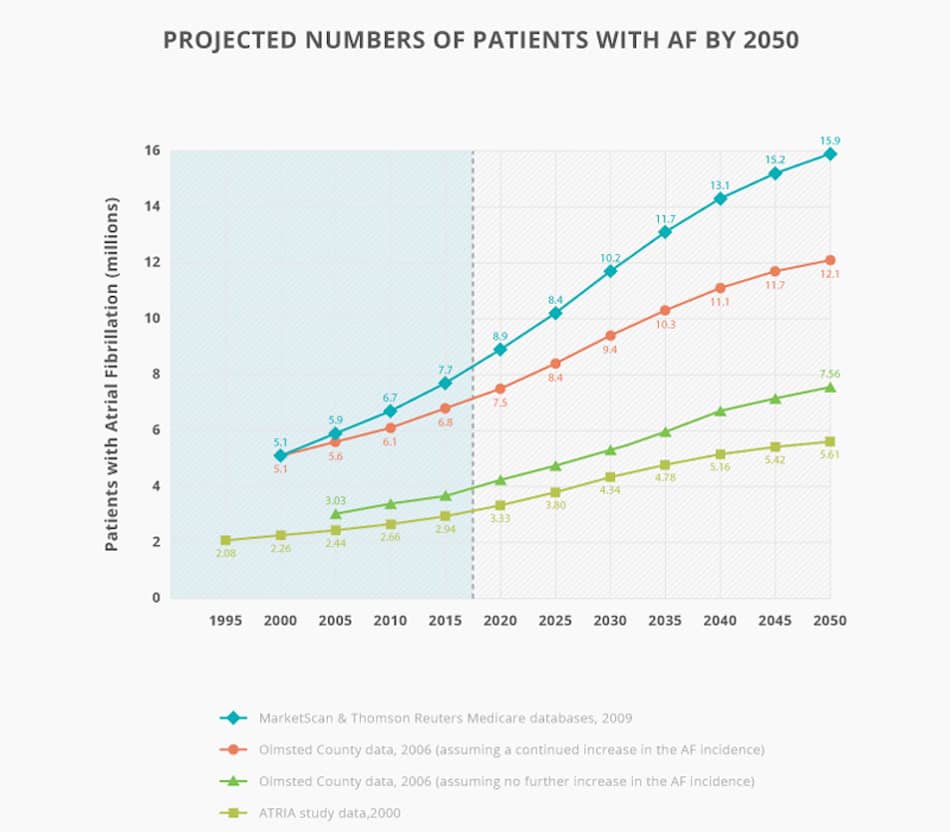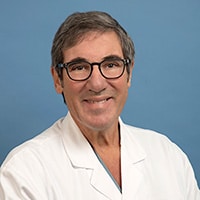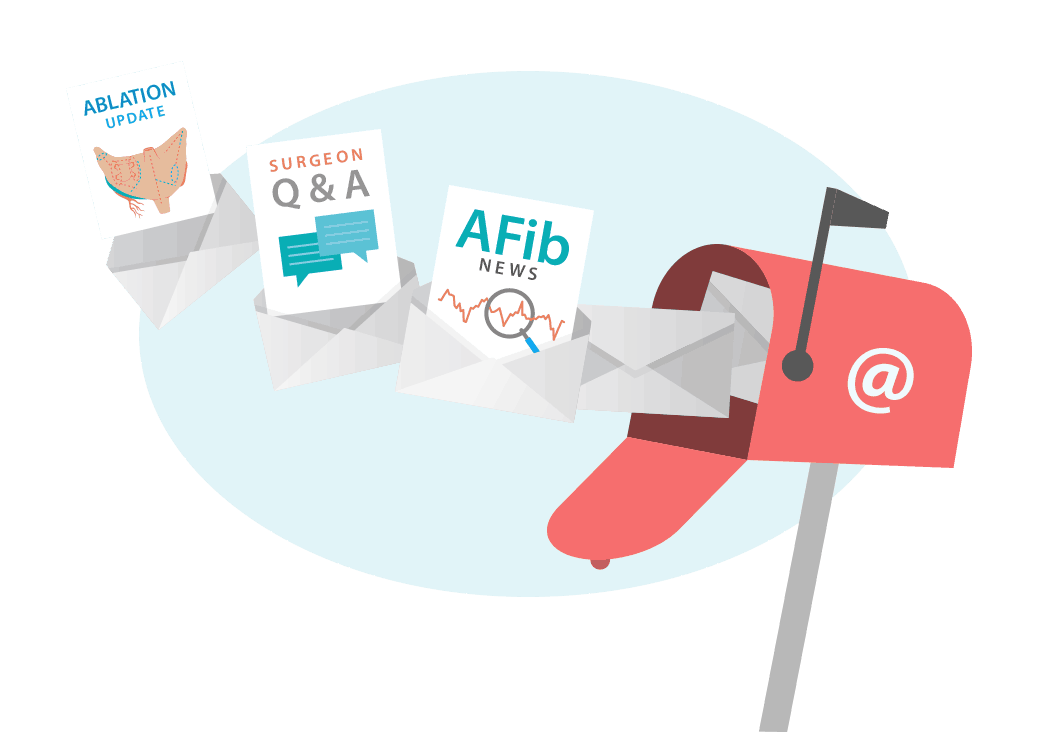With Dr. Richard Shemin from UCLA Health; January 9, 2020
Atrial Fibrillation (AFib) is quickly transitioning from a disease to a worldwide epidemic. According to the American Heart Association, the number of new AFib patients will increase 300% to 12.1 million cases by 2030 in the United States alone. Learn more here.

To better understand how AFib is impacting patients, we interviewd Dr. Richard Shemin, the Chief of the Division of Cardiothoracic Surgery and Chairman of Cardiothoracic Surgery at UCLA Health in Los Angeles, California. During his incredible career, Dr. Shemin has performed over 10,000 cardiac surgeries of which 7,000 involved heart valve procedures.
The key highlights from Dr. Shemin's interview include:
- Approximately 80% to 90% of ischemic strokes are related to atrial fibrillation.
- Patients can lose about 20% of their cardiac output due to atrial fibrillation.
- Dr. Shemin is dedicated to the continuing advancement of AFib treatment techniques, including the Maze procedure, and technologies including radiofrequency and cryoablation.
- Atrial fibrillation will shorten a patients life even in the absence of valvular heart disease.
Video Transcript
For the hearing impaired members of the AFibSurgeons.org community, we have provided a written transcript of Dr. Shemin's video below:
When patients develop atrial fibrillation, in general, they'll lose about 20% of their cardiac output and efficiency Most patients know that something's happened. They can feel the racing in the heart, the irregularity of the heart, and the palpitations.
When I went to medical school, I was taught to be a chronic condition. It would shorten your life. It needed to be treated. (See Top 7 Reasons to Treat AFib.)
Then drugs came along, and the drugs had their toxicities and people started saying well, should we just control how fast the heart goes and not worry about the rhythm, or should we control the rhythm? That's why scientific investigation needs to tease out these questions.
I think in recent times, we've recognized that to be in AFib will shorten your life, even if you don't have valvular heart disease. Increasingly we're looking for higher levels of achieving success, reducing the risk of stroke, which is so life-threatening in one case and disabling in others.
Probably 80% or 90% of all ischemic strokes are related to atrial fibrillation. It's a major public health burden. I'm really very keen on continued advances in our techniques and technologies to improve the care of atrial fibrillation.


